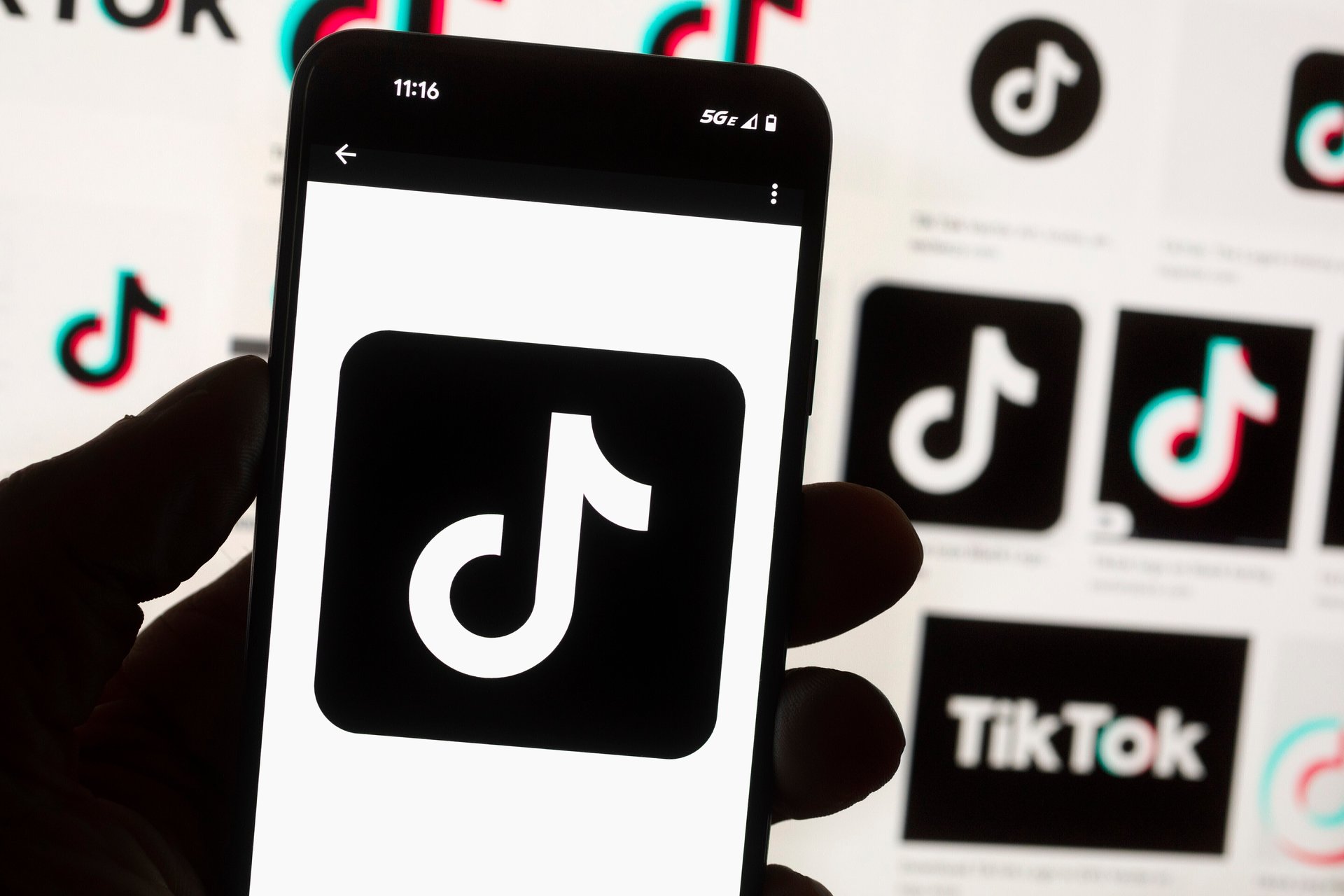Instagram, YouTube the biggest likely winners of TikTok ban but smaller rivals could rise too
While a bill to ban TikTok if it doesn't change owners has received President Joe Biden's signature, it could still be years before the popular video-sharing app is actually blocked from U.S. app stores — if it is blocked at all

Adult U.S. TikTok users spend an average of 54 minutes on the app on any given day, more than Instagram, Snapchat or YouTube, according to research firm eMarketer. If TikTok were to disappear, those platforms — along with younger, smaller emerging rivals — would be scrambling for those valuable minutes of people's attention.
Suggested Reading
But with an actual ban still likely years away, it's not clear what app will be its biggest beneficiary. Meta, which owns Facebook and Instagram, may see more advertisers amid uncertainty for its biggest rival, according to analysts who follow the company. Creators, dealing with uncertainty themselves are also expanding to other platforms if they weren’t already. But users, especially the younger ones who are TikTok’s bread and butter, are less predictable. Will they embrace Instagram, a possibly uncool mom favorite? Or could a newer app like Triller rise to viral fame?
Related Content
Here's a look at some notable TikTok alternatives and how they measure up.
Meta has a long tradition of cloning competitive services, with varying degrees of success. The Instagram “Story” feature, which lets people share photos and videos that expire in 24 hours, is similar to Snapchat. The company also launched a TikTok knockoff called Lasso in 2018 but closed that down in 2020.
Then Instagram launched Reels 2020, a TikTok-like feed of short videos users can create or scroll through. It’s proven to be massively popular. Could it replace TikTok? That depends. While many creators post on both platforms, some experts say the youngest users are unlikely to migrate to a service made popular by their millennial parents. And while Meta's algorithm is addictive, it's still not TikTok.
“Replicating TikTok’s algorithm is a nearly impossible task, as rival Meta would attest to," said eMarketer analyst Jasmine Enberg. “TikTok’s ability to serve up relevant and entertaining content to its users is unparalleled in the social media world.”
While TikTok gets more headlines, YouTube still dominates U.S. teens' attention. Roughly nine in ten teens said they use YouTube, in a recent survey by the Pew Research Center, making it the most widely used platform among the 13-17 crowd. TikTok clocked in at 63%, Snapchat at 60% and Instagram at 59%. Its parent company Google launched YouTube Shorts in 2020, shortly after India banned TikTok.
YouTube users can scroll through Shorts just as they can on TikTok or Reels on Instagram and Facebook, watching hours of bite-sized videos. As with Reels, many of the videos featured are from TikTok or creators who post to several different platforms. That said, YouTube is still known for its longer-format videos, so it may not have the variety that TikTok users are looking for — at least not yet.
While older adults never quite got into Snapchat, launched in 2011 with its infamous disappearing videos, it remains popular among teens and younger adults. In addition to its disappearing video feature, the company launched Snapchat Spotlight in 2020 (yes, the same year India banned TikTok and former U.S. President Donald Trump was trying to in the U.S.). The feature can be accessed by pressing the sideways triangle icon at the bottom of your screen and, at least according to Snapchat, it “shines a light on the most entertaining Snaps, no matter who created them.”
If you're sick of the establishment crowd, newer startups such as Triller offer possible alternatives, with TikTok-like features and more (or sometimes less). Triller, which is getting acquired by a Hong-Kong-based company, is popular for music videos and has tried to lure TikTok creators to its platform, but its user base lags far behind its bigger rivals and the content appears to offer less variety, at least for now.
Zigazoo, meanwhile, stands out from the crowd because it is created with kids in mind and shows kid-appropriate content, according to its creators. The nonprofit Common Sense Media says “Parents need to know that Zigazoo is a TikTok-style video sharing app for posting short videos of kids completing a variety of kid-appropriate challenges.”
“Zigazoo is meant to be used with a parent, and personal data is treated as though it’s from those over 13,” Common Sense says. “Challenges are simple investigative or creative projects like ‘Can you find something that’s symmetrical?’ or ‘Can you teach us how to play your favorite sport or physical activity?’”
But with a TikTok ban still uncertain, it's possible that new, better rivals will crop up in the months and years ahead as ByteDance cycles through its legal options to keep the app operating in the U.S. And if not — users might consider those extra 54 minutes a day as a gift, for spending time away from screens, with friends, family, or curled up with a good book.